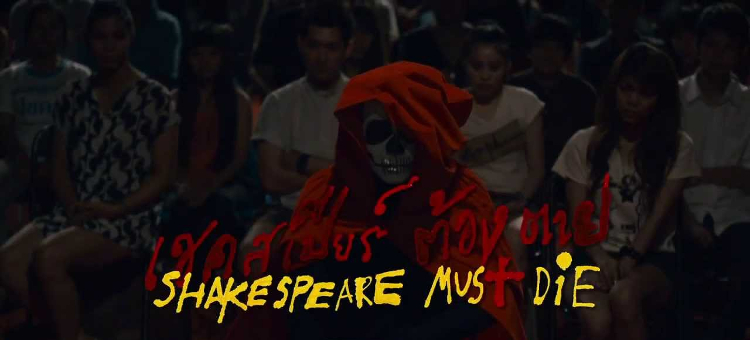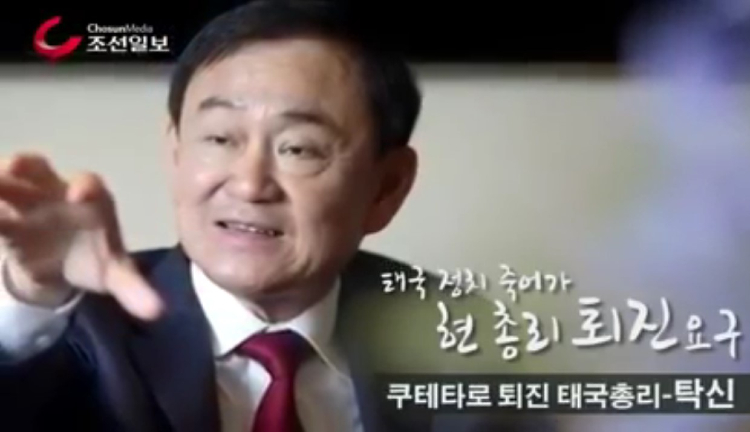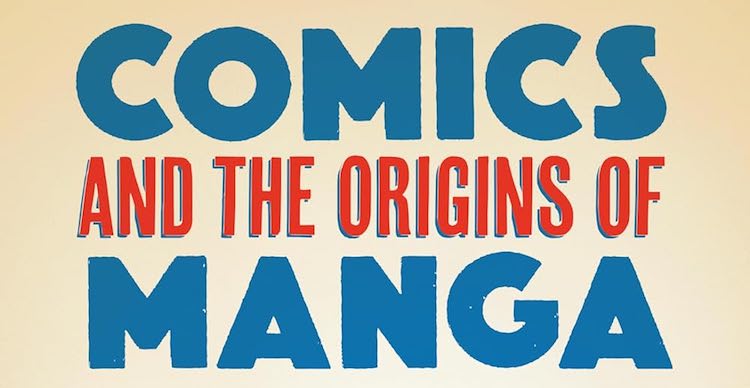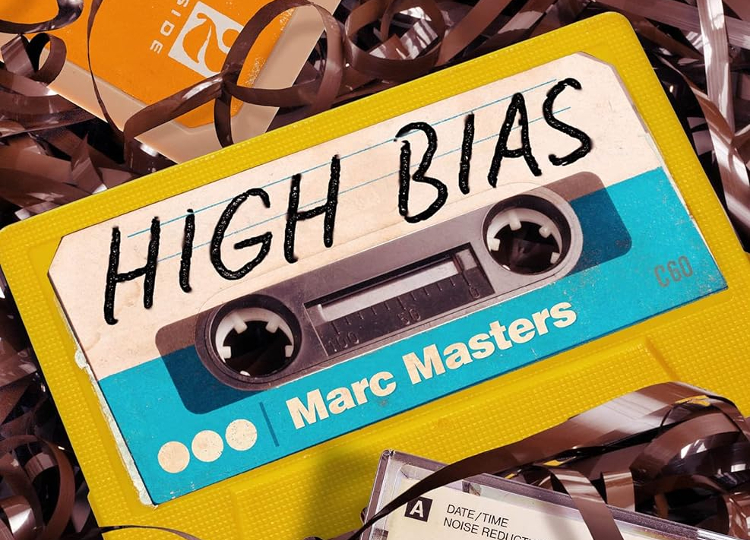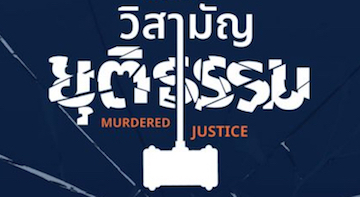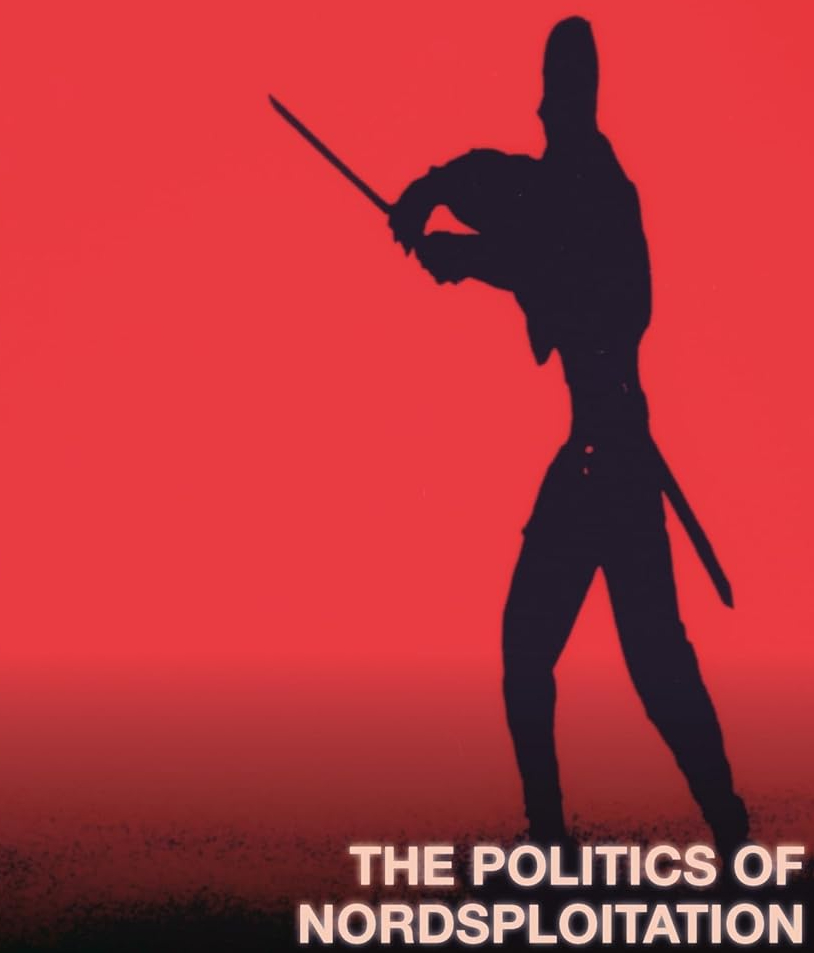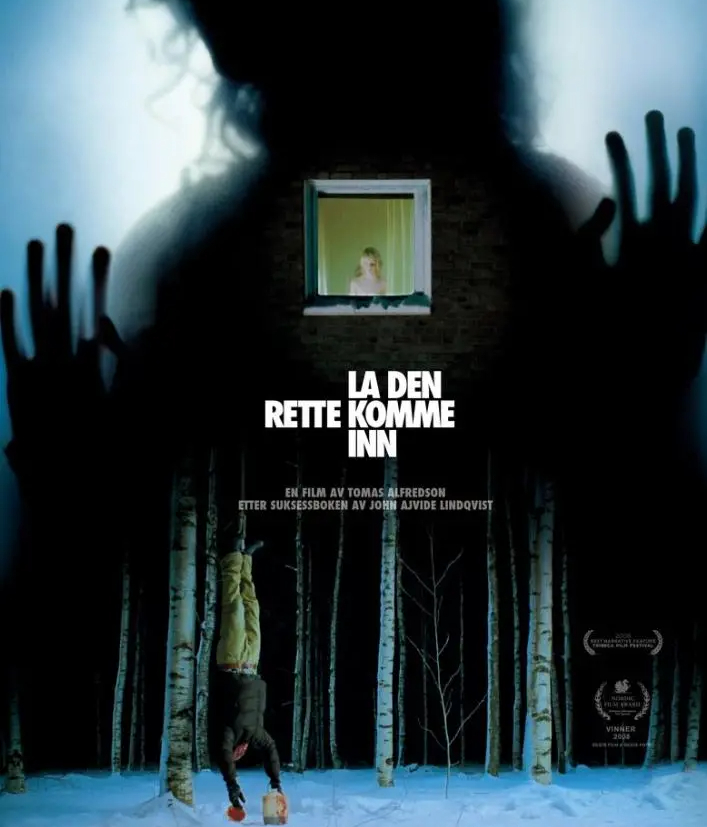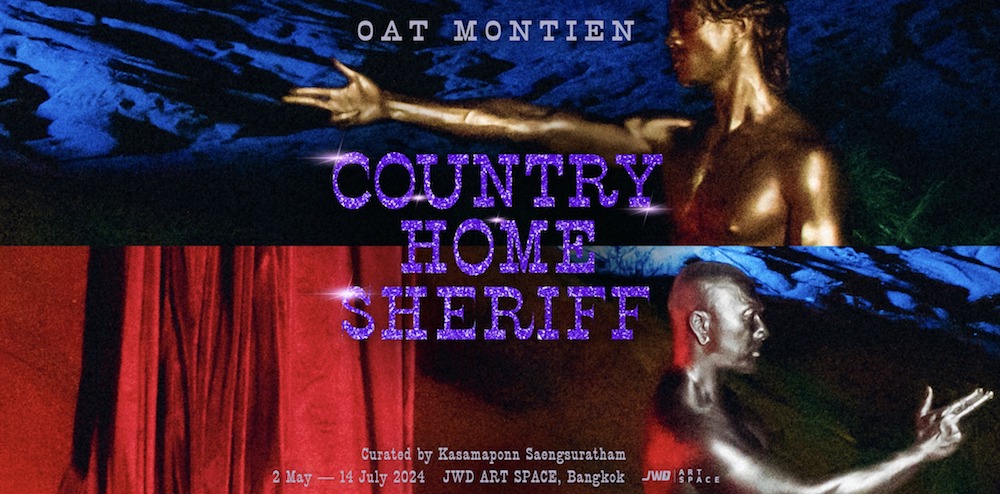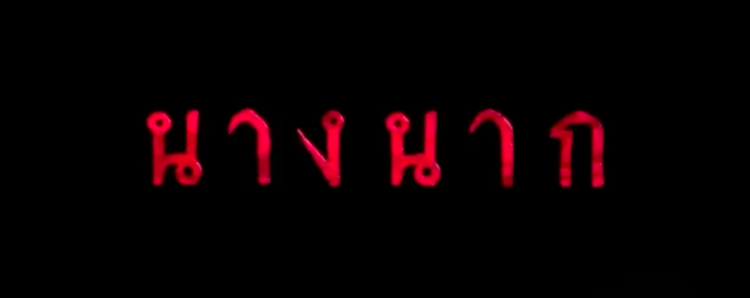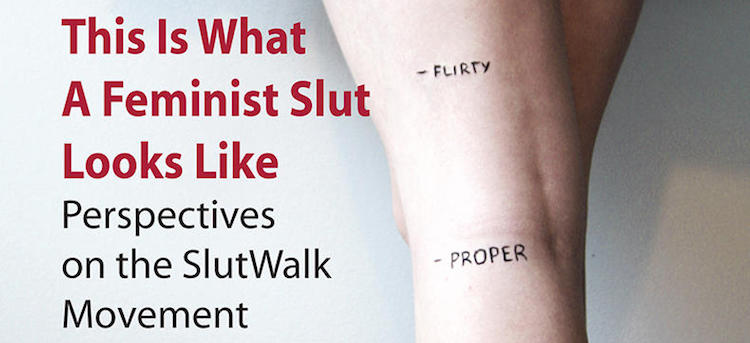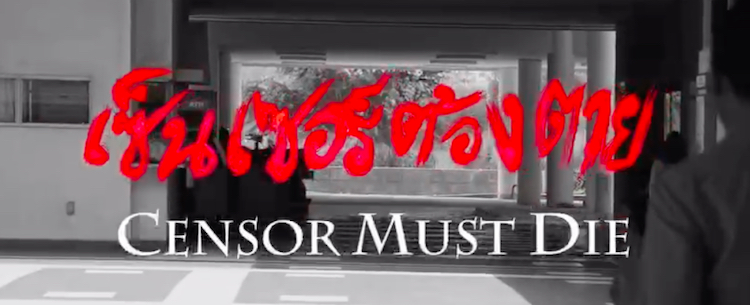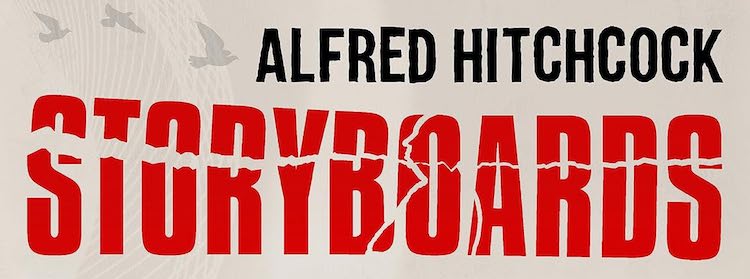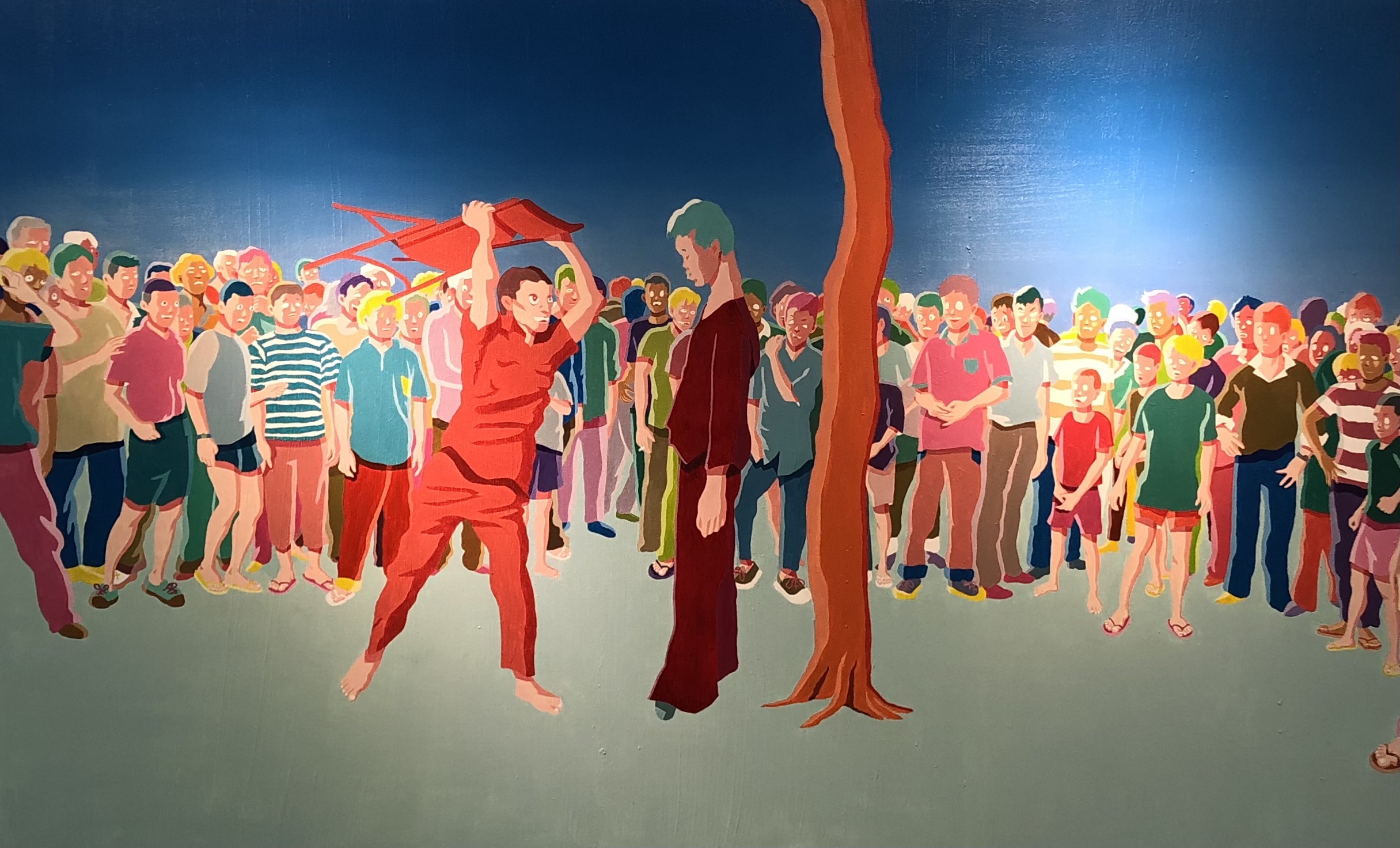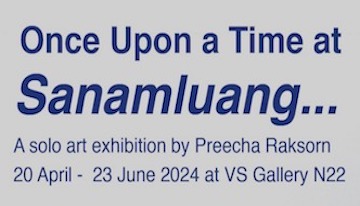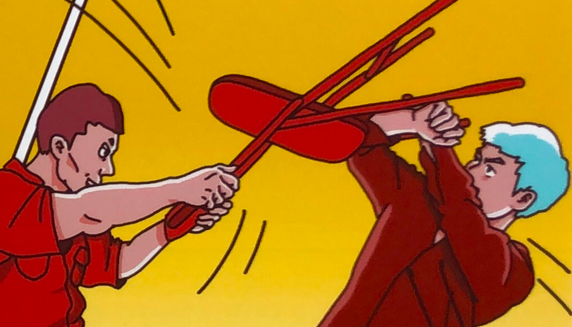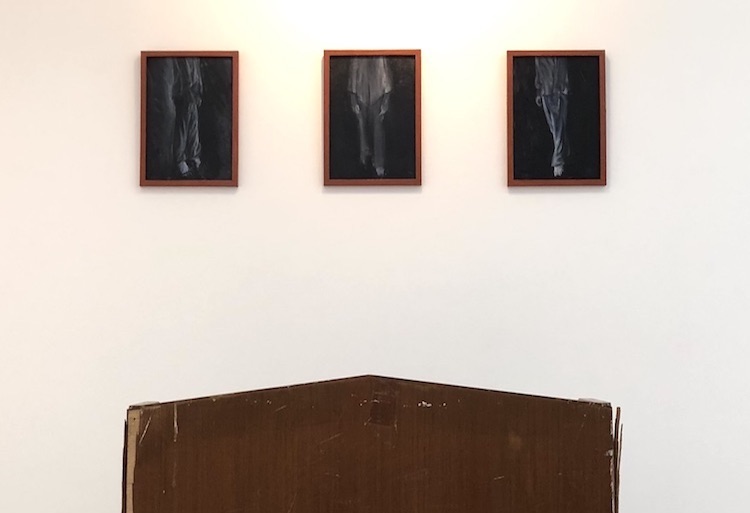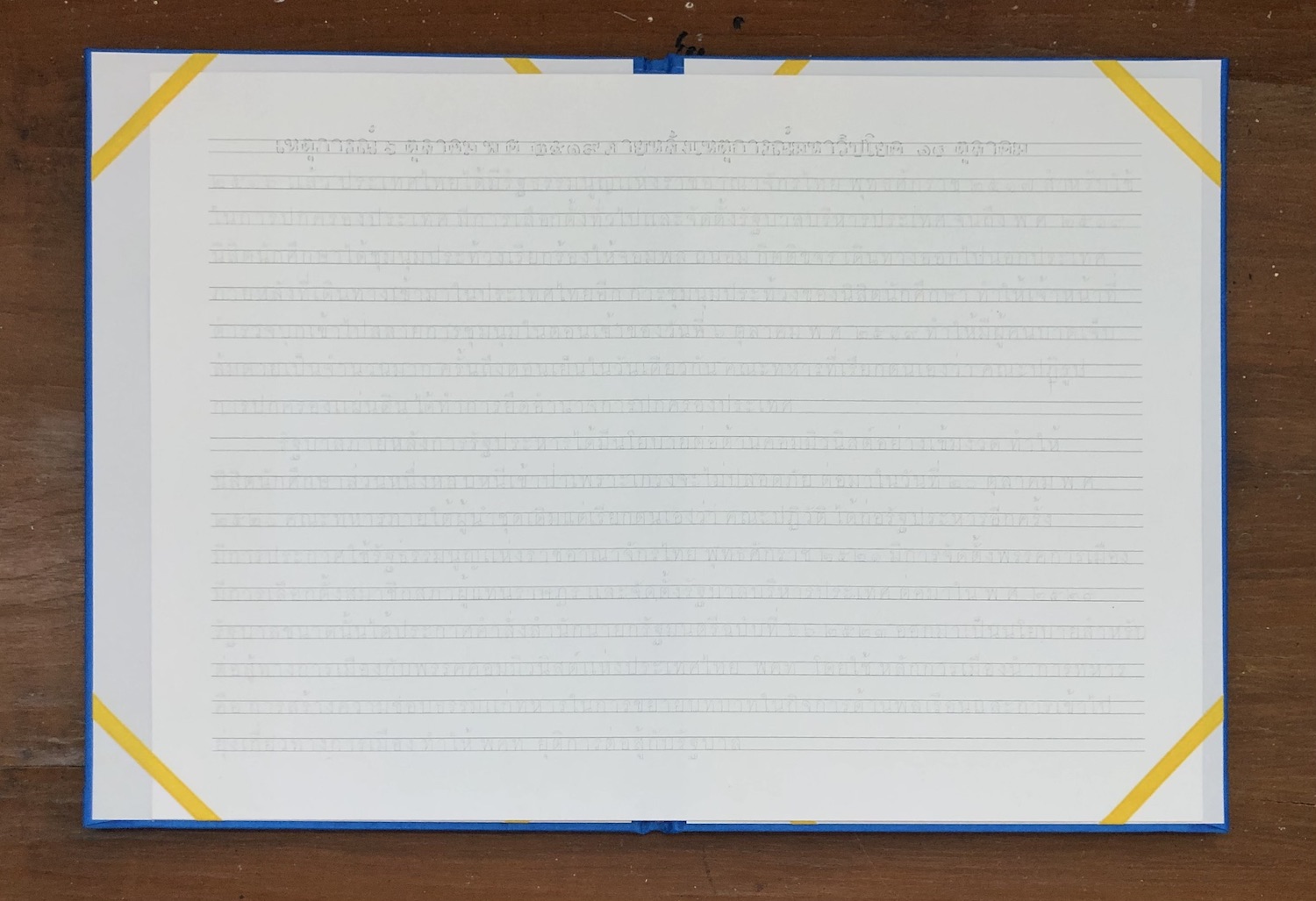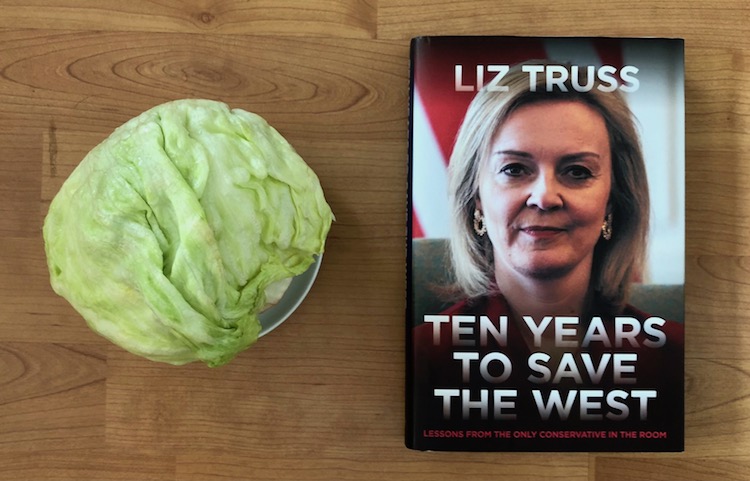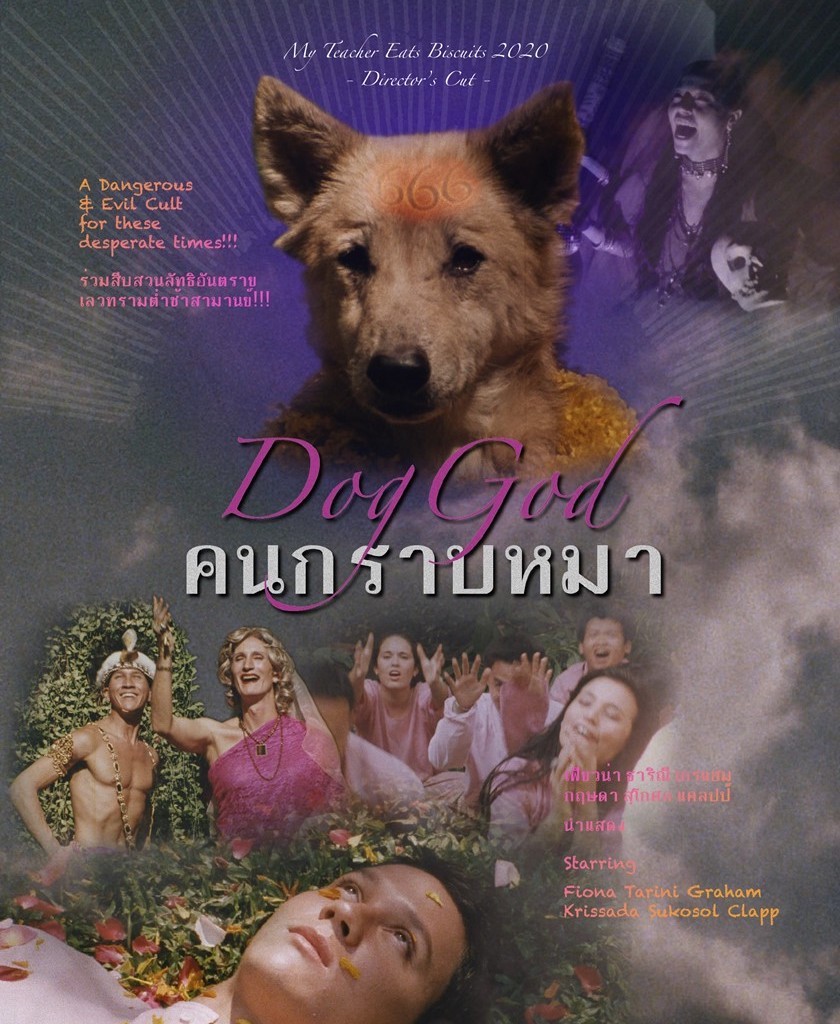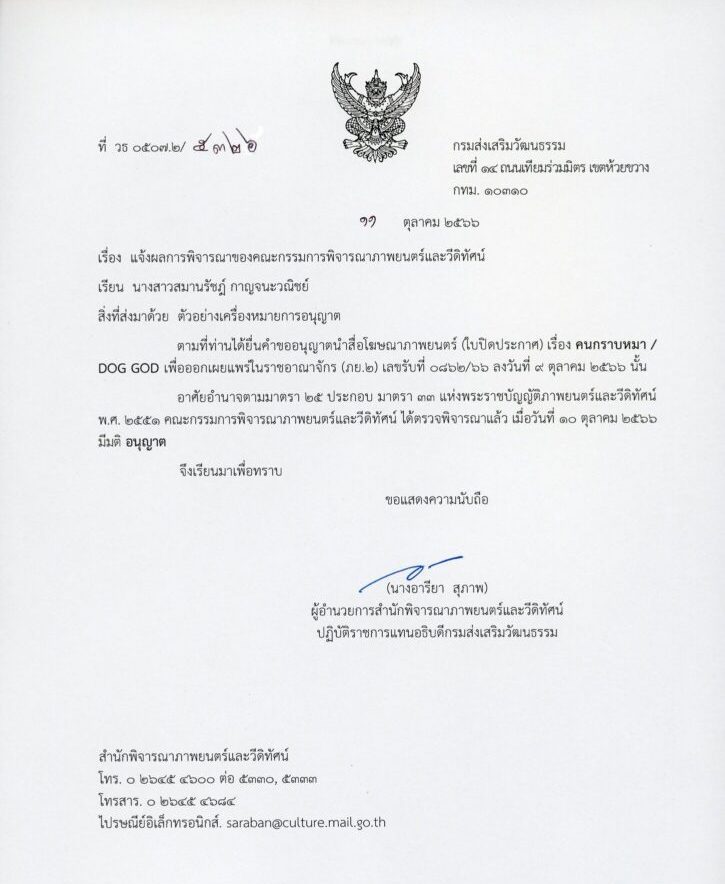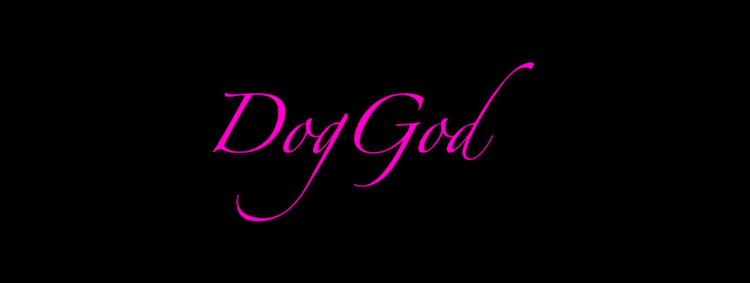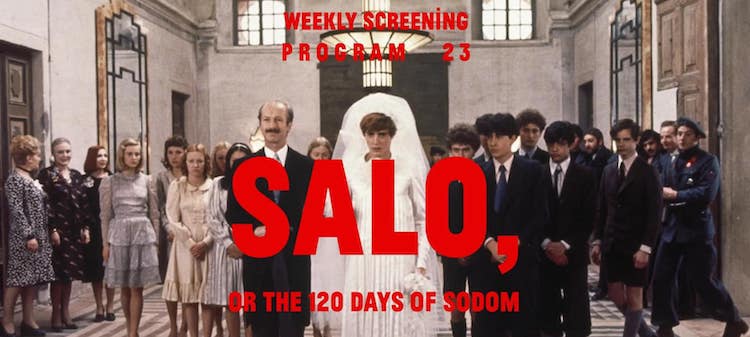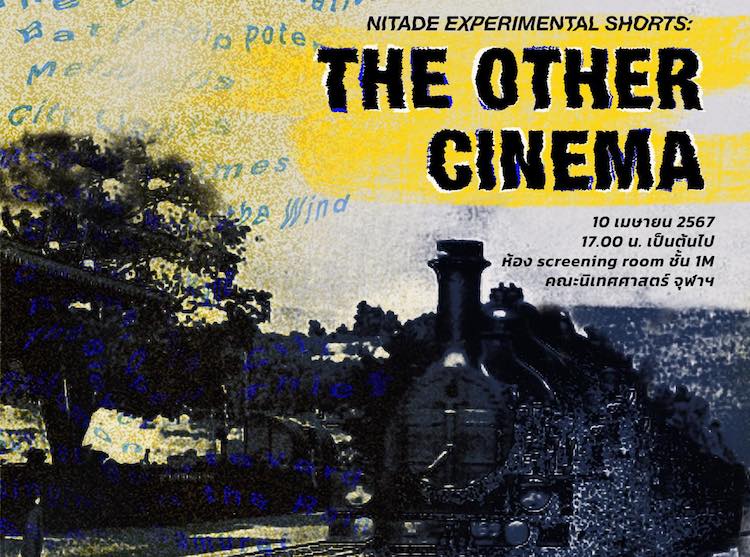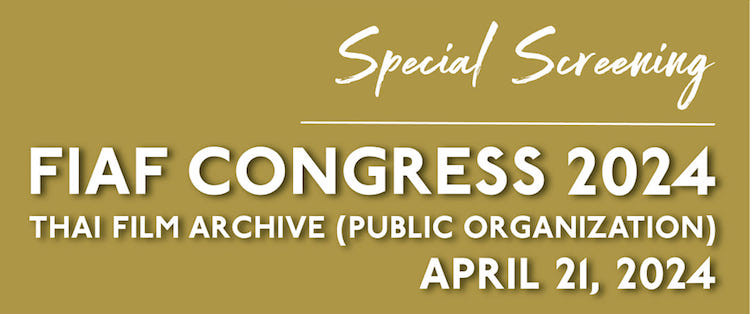Many Western readers were first introduced to Japanese
manga by Frederik L. Schodt’s seminal book
Manga! Manga! in 1983. One of Schodt’s chapters was titled
A Thousand Years of Manga, situating
manga within the entire tradition of Japanese visual culture. This approach is also adopted by Japanese
manga scholars, and by the country’s cultural institutions, as it establishes
manga as both artistically significant and inherently Japanese. Similarly, recent books such as Eric P. Nash’s
Manga Kamishibai and Adam L. Kern’s
Manga from the Floating World link
manga to earlier, largely unrelated forms of Japanese art for commercial reasons: putting
manga in the title sells more copies.
In his book
Comics and the Origins of Manga: A Revisionist History, published in 2022, Eike Exner challenges this concept of an apparently unbroken line from ancient scrolls to modern
manga, debunking the “tradition of historiography that for nearly a century has sought to establish a continuity between present-day narrative Japanese comics and centuries of domestic visual art preceding them.” Exner argues that
manga represents a break from traditional Japanese art, and that it developed instead as a result of innovations adopted from American comics. He shows how early US comic strips utilised new devices such as speech bubbles, which were later employed by Japanese
mangaka: “Japanese and American comics came to rely on transdiegetic content like speech balloons instead of external narration to tell stories. Such audiovisual comics first developed in the United States and from there moved to Japan.”
Specifically, he cites the
Bringing Up Father comic strip, which was first serialised in Japan in 1923. This American comic was popular in Japanese translation, and the following year it inspired the Japanese strip フキダシ (‘easygoing father’) by Yutaka Asō, which shared
Bringing Up Father’s use of transdiegetic devices. Schodt also identified the link between these two strips, noting that フキダシ was “a direct spin-off of
Bringing up Father, but its everyday-life situations and the self-effacing character of its hero had a quality Japanese readers naturally warmed to. Initially, the American influence was obvious”. But Schodt saw this as a fad rather than a paradigm shift: “Japanese newspapers realized the power of comic strips to attract readers and began hiring Japanese artists who used American styles. Foreign comics were exotic but, in the end, alien. Japanese comics were a smash hit.”
Exner is careful to avoid accusations that
manga is a mere imitation of American comic style: “It would be simplistic to say that modern comics were “invented” in America and “copied” by the Japanese.” Instead, he argues that the relationship between the two cultures is one of cross-fertilisation, as the creator of
Bringing Up Father was himself inspired by Japan’s ‘floating world’ woodblock prints: “The influence of Japanese
ukiyo-e prints on George McManus, whose
Bringing Up Father in turn became the most influential and longest-running graphic narrative in prewar Japan, exemplifies the complexity of transnational cultural influence.”
Exner’s research represents a ground-breaking approach to
manga studies. Rather than “portraying manga as something both older and more specifically Japanese than it really is”, he demonstrates that
manga as a Japanese multipanel comic format has its roots in the 1890s, and that
manga in the modern sense—with its transdiegetic speech bubbles—is exactly 100 years old. He suggests that the impact of American comics on
manga has previously been downplayed as it “complicates the popular account of contemporary manga as the culmination of domestic popular art, which may explain why few have been interested in the recovery of this foreign influence.”


